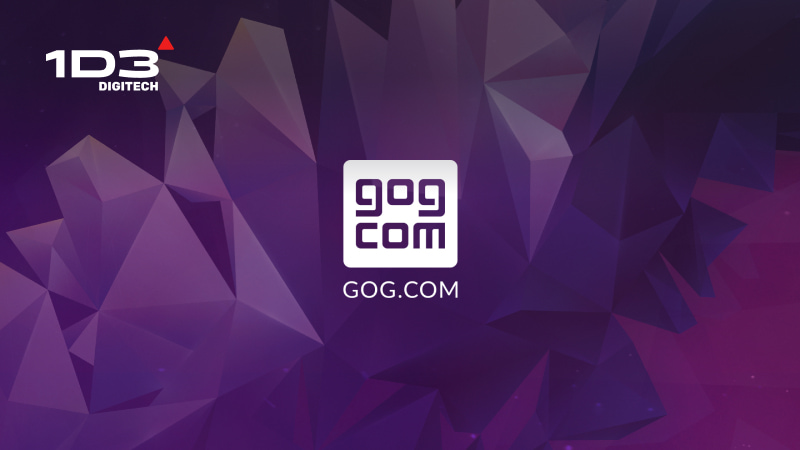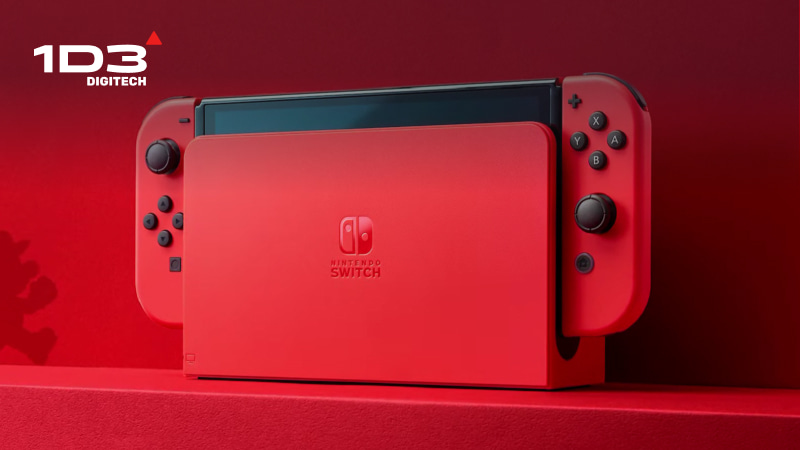Today, in our series on video game distribution platforms, 1D3 bizdev Skelius Mortalis examines GOG.com. We'll explore its user base, commission structure, and unique features. Dive in for more insights.
GOG.com: User Base
CD Projekt Red does not disclose GOG’s daily active users. However, we do get some hints: GOG has a total social media following of about half a million, 8 million newsletter subscribers, nearly 700 games released, and resolved over 200,000 support tickets in 2022.
Data from Similarweb suggests that the store's website receives 400,000 daily visits. While it's clear that GOG's user base is not comparable to Steam's, one could argue that the Epic Games Store (EGS) would be in a similar state without Fortnite and its game giveaways.
According to CD Projekt Red, GOG’s audience is relatively mature, predominantly male, and mostly within the 18-25 and 25-34 age groups. Additionally, we found it a lot more loyal and involved in platform development than EGS users. Therefore, if your game is on PC and targets this demographic, GOG might be a good choice as a secondary platform.
GOG.com: Platform Fees
GOG does not charge a registration fee and applies an "industry standard" 30% platform fee, similar to Steam. This fee covers payment processing as well as VAT collection and remittance. Consequently, like Steam, developers typically receive about 50% of game sales revenue after accounting for an average VAT/Sales Tax of approximately 20% and GOG's 30% commission.
In the past, GOG experimented with different revenue split models. These included providing an upfront payment and a temporary 40/60 revenue split until the initial payment was recouped. For certain older games that required additional effort from GOG, a 50/50 split was applied. However, GOG now exclusively offers a 70/30 revenue split model and does not publicly disclose any other options.
GOG.com: Features
Steam SDK Wrapper
GOG acknowledges that it is not the primary platform for releasing PC games, so they made porting from Steam as easy as possible. Their Steam SDK Wrapper makes the process quick and straightforward, allegedly taking only a few minutes.
No DRM
All games on GOG are DRM-free, meaning customers can download, install, and play their games without needing to be online or deal with restrictive copy protection. Some argue that this feature stimulates piracy; others believe it cultivates trust among developers, gamers, and distribution platforms. What we do know for sure is that DRM-free games run faster.
GOG Galaxy
While GOG primarily sells games through its website, gog.com, it also offers an optional client called GOG Galaxy. This client allows gamers to integrate all their games and friends into a single platform, particularly useful for those with game libraries scattered across multiple clients. Regarding community features, GOG Galaxy is comparable to Steam and significantly more advanced than the Epic Games Store.
Conclusion
While it may seem unfair to compare GOG to other major distribution platforms, it does compete with a 30% platform fee. Despite GOG's lower player numbers, the platform boasts a loyal gamer community, recognises its niche in the industry, and strives to make launching games as straightforward as possible for developers. Therefore, we think it would also be a missed opportunity not to release games on GOG.







